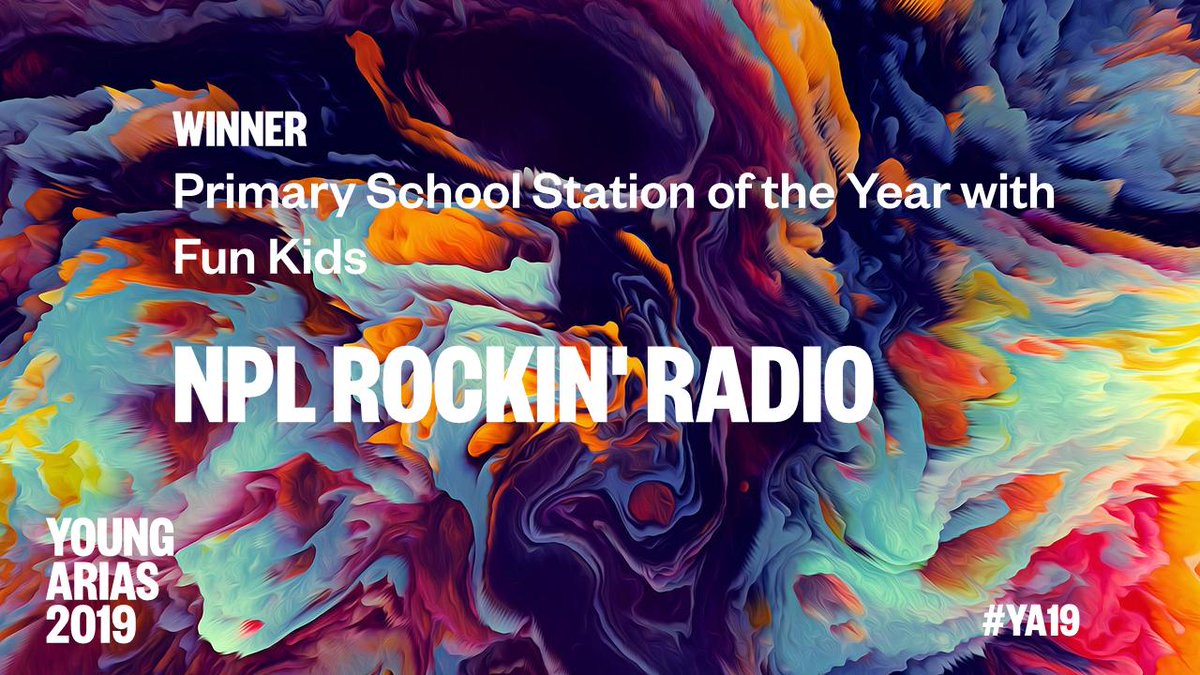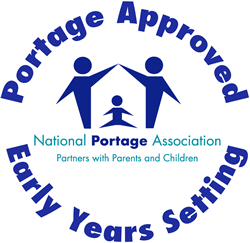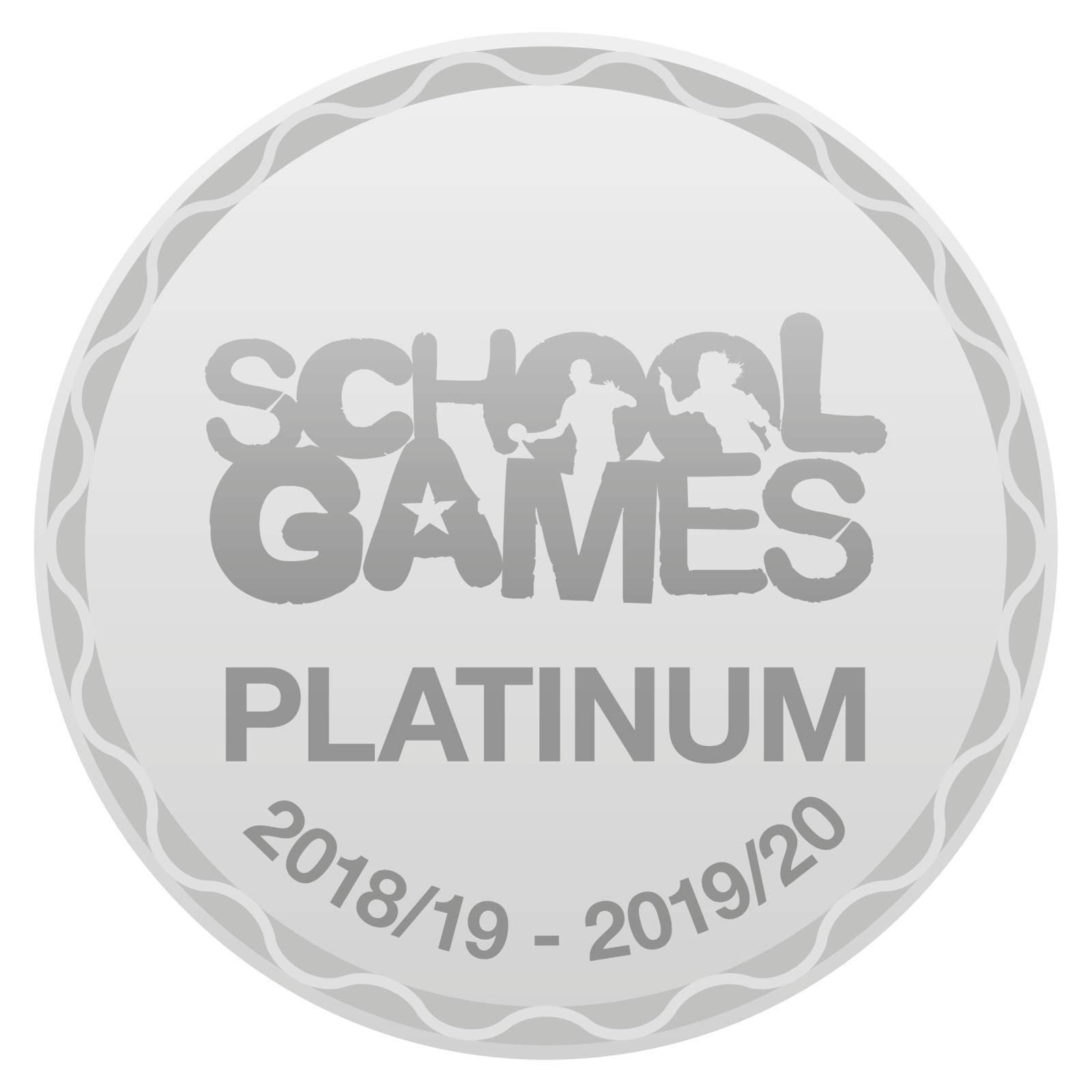English
Curriculum Lead for Literacy - Mrs Riley
Curriculum Lead for Phonics - Mrs Spalding
At New Pasture Lane Primary, every child has access to a high-quality education in English, where the children can communicate their ideas and thoughts inspired from a creative and inviting curriculum.
All children are encouraged to speak and write fluently adapting their language and style for a range of contexts, purposes and audiences.
Phonics is used to teach children how to read and write. It helps children to hear, identify and use sounds that distinguish one word from another in the English language. We teach this by matching sounds to individual letters then blending the sounds of the letters together to help to decode unfamiliar or unknown words by sounding them out.
Phonics is taught throughout Key Stage 1 and into Year 3 with tailored catch-up sessions in Key Stage 2. Every class runs a daily, time-tabled session for 20 minutes with games, songs and activities matched to the particular phase each class is learning. The Phonics programme is where children begin their learning in Foundation 1 using sounds to help the children remember. As the children progress into phase 2, we use the systematic approach of the 'Little Wandle Letters and Sounds' revised programme, using it to structure our phonics teaching.
Reading in our school develops the children’s love of literature through widespread reading for enjoyment. We are lucky enough to have a resident reader for key stage 1 and the lower key stage 2 classes who brings awe and wonder to the children’s imaginations. Children have many opportunities to develop and explain their understanding of books and other reading, with reading journals helping the children with their comprehension skills within fiction and non-fiction texts. The children are assessed using PIRA to show progression and to identify any need for intervention.
The writing process begins in the Foundation classes where our youngest children begin their writing adventure by learning basic phonemes and the relationship between letters and sounds. This then develops into the spelling of words until the children can effectively form sentences communicating effectively to their reader and writing fluently by planning, revising and editing their writing. Every term the children’s writing is teacher assessed using national expected targets for their respective year groups. Writing is also moderated internally and externally each year. The children are also taught how to use grammar and punctuation to provide a structure for their writing. GPS is assessed half termly using Rising Stars to identify if there are any gaps in the children’s GPS knowledge.
We use discussion in order to learn as this enables the children to elaborate and explain clearly their understanding and ideas. Through drama, role play and theatrical performances, the children gain knowledge, skills and understanding in rehearsing and responding to others as well as adopting and creating a range of roles for a purpose.
Writing weeks are planned termly as a whole school experience to inspire the children’s imagination and promote a love of writing. Many of our displays reflect the enjoyment and learning of these weeks.
|
Autumn |
Spring |
Summer |
|
|
Foundation 1 |
Writing week Rhymes Alliteration Fiction
|
Goldilocks Gingerbread man Three little pigs Writing week Myst Non-fiction |
Writing week Rhymes Oral Story Telling project Rosie’s walk Non-fiction |
|
Foundation 2
|
Writing week Rhymes Alliteration Fiction Oral Story Telling
|
Writing week Snow Dragon Beauty and the Beast Jack and the Beanstalk The Enormous Turnip Magic Porridge Pot |
Writing week Dear Zoo Story Sack App Rhymes Non-fiction
|
|
Year 1 |
Writing week Stories with familiar settings-oral story telling Stories with patterned language- oral story telling Labels, lists and captions Instructions Poetry-Using the senses |
Writing week Traditional and fairy tales Stories from a range of cultures Pattern and rhyme poetry to recite Using a dictionary Information texts |
Writing week Stories about fantasy worlds-Myst Poems on a theme Information text Recounts
|
|
Year 2 |
Writing week Stories with familiar settings Stories set in imaginary worlds-Myst Instructions Poetry-Really looking
|
Writing week Different stories by the same author Traditional stories from another country Explanations Poetry-Patterns on a page |
Writing week Extended stories (significant authors) Information text Non-chronological reports Poetry-Silly stuff Dictionaries/Glossaries |
|
Year 3 |
Writing week Instructions Authors and letters Stories with familiar settings Poetry-shape/calligrams |
Writing week Information text Adventure/mystery Myst Poetry- Creating images Plays/dialogues |
Writing week Myths and Legends Stories for imaginary worlds Poems to Perform Explanation Texts |
|
Year 4 |
Writing week Fables Stories set in imaginary worlds Explanations and instructions Stories with familiar settings poetry |
Writing week Image poems Fairytales/Playscripts Narrative poems recounts |
Writing week Fiction with fantasy Persuasive writing Chronological reports Nonsense poems |
|
Year 5 |
Writing week Descriptive writing Traditional stories Non-chronological accounts Poetic style |
Writing week Suspense stories Non-fiction-Opinions and Arguments (Graffiti) Classic Narrative poems |
Writing week Novels by significant authors Persuasive writing –Myst Poetry- Choral performance instructions |
|
Year 6
|
Writing week Recount/ viewpoint Narrative-Adventure and Mystery (Myst) Instructions Explanations Non-chronological writing |
Writing week Authors and Texts Persuasion Formal writing –Letters Narrative-Adventure and Mystery (Myst)
|
Writing week Playscripts Journalistic Writing Shakespeare |




